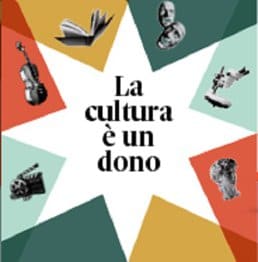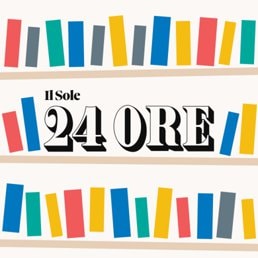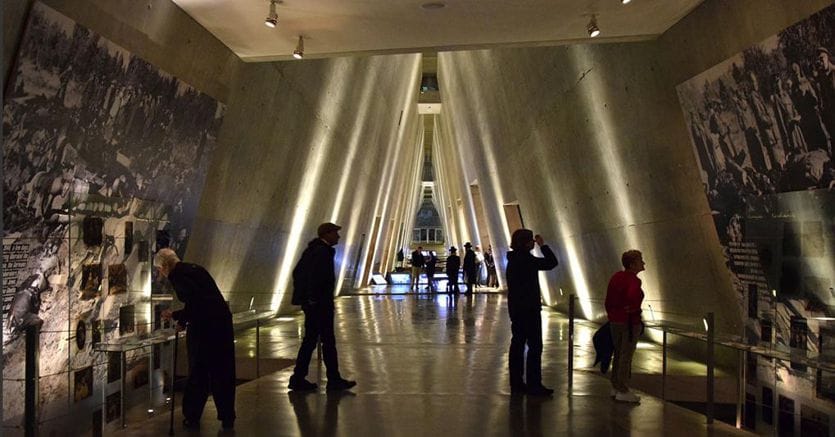In the shadow of Macrhistory, tragedies have been consummated since time immemorial, left without a name and without memory. It is in particular civilians, women, children, the elderly and the infirm who pay a price that has no justification. Even Nazism, even the Second World War are no exception and historical research continues to try to find and reconstruct micro-stories that dramatically highlight the absurdity of the violence unleashed against the defenseless.
Yad Vashem
For the Day of Remembrance it is worth discovering the initiative with which the Yad Vashem International Center for Commemoration, Documentation, Research and Education shines new spotlights on the Holocaust: a series of ready2print exhibitions, “ready to print”, conceived in different languages in packages so to speak armored, “take it or leave it”, and with a strict protocol of creation and free use of the panels, photographic material and texts.
The idea is to meet those who want to discuss or propose issues related to the Shoah even to small audiences, ranging from the still unanswered question “how was it humanly possible?”, To art produced in concentration camps, or to the little known theme of the rescue of Jews by Muslim Albanians.
Two exhibitions
Two exhibitions are dedicated to women and children, their vulnerability, and also their ability to resist evil. “Spots of light” delves into feminine everyday life, taking its title from a poem by Dalia Rabikovitch: “Points of light in this dark matter … “and presents the destinies of women, wives, mothers, friends, workers, partisans of various nationalities, sucked up by Nazism. Not sensational, sensational destinies, but intimate, subdued personal dramas that emerge through texts and visual documents : “I want to laugh and console, fight battles, love and hate, hold heaven in my hand”, wrote lma Merbaum-Eisinger, who died at 18. “We ate with thought,” is the memory of the survivor Valy Kohn. “I could not manage to resign myself to the fact that in order to enjoy the privilege of relative calm during the day, I had to accept being bothered at night “, is the re-enactment of Fanny Solomian, united with the Polish resistance.” Stars without sky “is instead a painful journey into the stolen childhood of a crowd of children, forced to invent an adult life too quickly: «In the ghetto I ran here and there looking for food, stealing it. That’s how I used to take food home. This was my childhood », are Yosef’s memories.


The exhibition also offers moving glimpses of childhood violated by Nazism: «Each pin became a doll. Matchboxes became beds, “Ruth reported.” A German officer put me to work in the SS kitchen. I shined his shoes, cleaned his room and he gave me the most important thing of all, that the other children didn’t have, and that was a prisoner uniform, “recalled Daniel. Even the children who managed to become part of the” Kindertransporte ” sent abroad to escape persecution and who were welcomed by families foreign to their world, they remained forever marked: first of all by the need to ignore their personal and cultural identity to take on another and be able to rebuild a life, and in the postwar period for the inescapable face to face with all the pain they had had to bury within themselves and which exploded in front of death papers or encounters with devastated parents.
